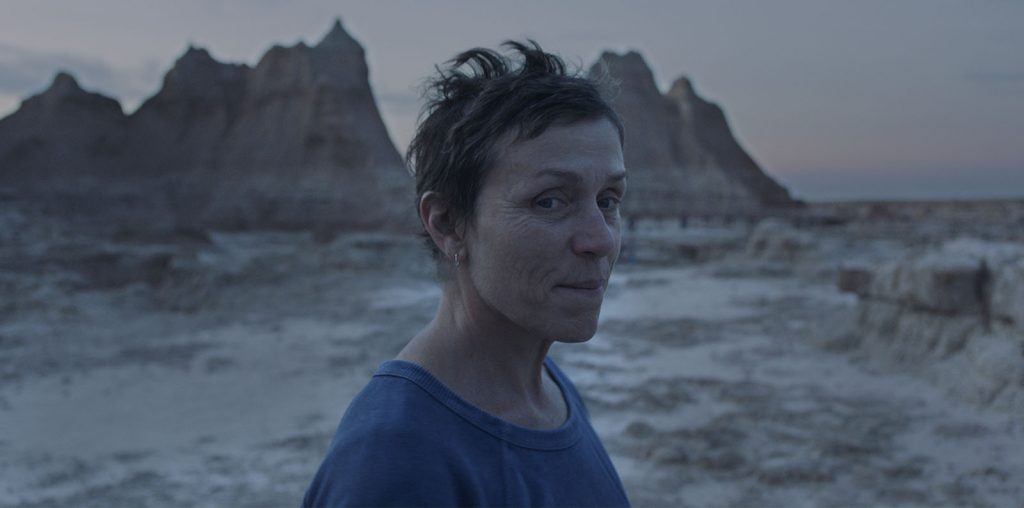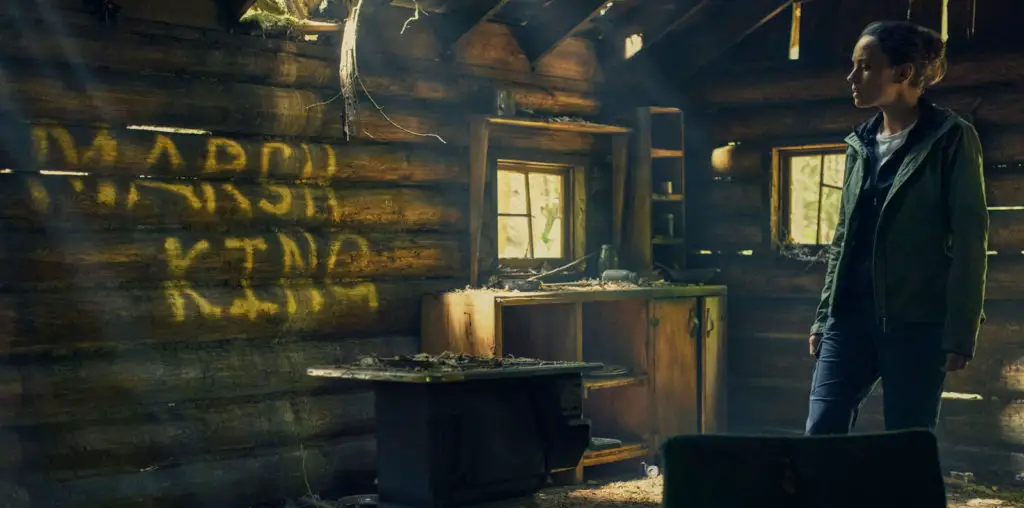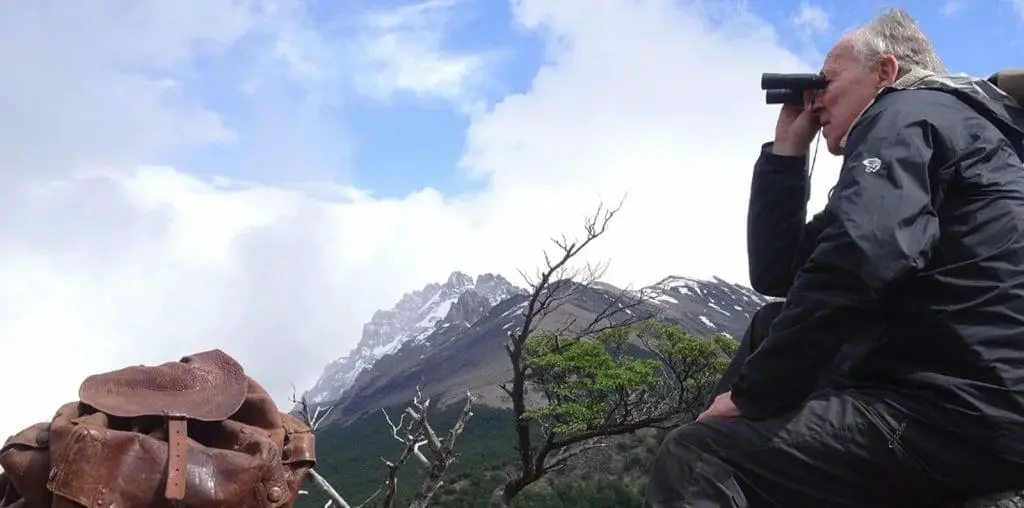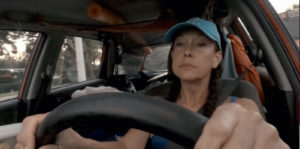
Belgian documentarian Sebastien Wielemans’ Nomad Solitude follows three women who live in vehicles and travel the roads of the U.S.. If this sounds familiar, it’s because Wielemans started from the same source material as the award winning film by Chloe Zhao, Nomadland. That is Jessica Bruder’s 2018 book Nomadland: Surviving America in the Twenty-First Century. The film opens with the voice of Bob Wells, guru of the nomads, giving practical guidance to them. Wells was also featured as himself in Nomadland.
Laurie, Kristy and Linda are part of a culture of nomads in the U.S. They’ve chosen to live in their vehicles and travel at will. On the road they can escape whatever trauma has befallen them, at least for a while. They’ve also found they can’t afford traditional housing. Miles and years go by like the road itself, while life throws daunting challenges at them. They are always seeking a situation that matches their ideals. One woman mentions that she wants to make a family out on the road like Little House on the Prairie.
Nomad Solitude is an observational documentary with no structure, where the viewer rides along. We don’t see how they prepare to travel, how they maintain the vehicles, or where they go for different seasons (there’s a brief mention of this, but no details of planning or how it works). Instead, we get stream-of-consciousness monologues from people we don’t learn much about. It requires a great deal of patience to sit through these musings and try to soak up the vibes of their travels.
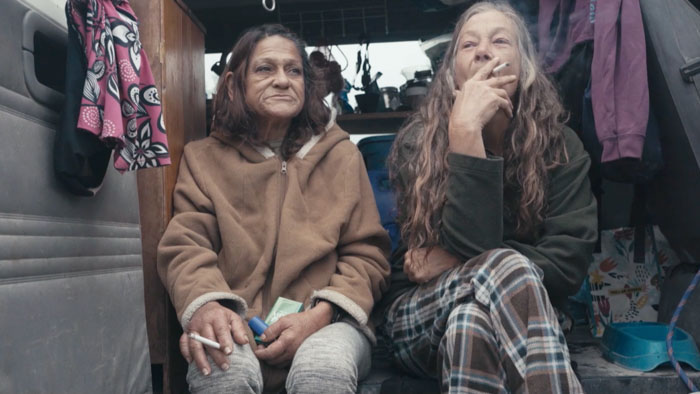
“…follows three women who live in vehicles and travel the roads of the U.S….”
The film offers nothing new for those who have seen Nomadland. Living through these experiences adds nothing to the conversation. One feels guilt witnessing some of the more difficult private moments. There’s clearly some level of mental illness affecting the travelers, or at the very least a deep maladaptive streak. These are people who have disconnected from society, while driving around in it. They maintain an illusion of separateness from the rat race, wrapped in the illusion that they have freedom. The fact is everything they encounter is part of the fabric of the culture they’ve disowned. The resulting experience has a predictable dullness to it, where they camp in a place until their inability to engage with people on more than a temporary surface level brings on that anxious itch, and then they pack the van and leave. They all seem to be steeped in religious belief and not as tuned into the here-and-now. There is a sense that they are on an ongoing mystical pilgrimage to that place they imagined. Shangri-La is always just over the horizon.
In his director’s statement Wielemans talks about his intent with the film: “Through a cinematographic approach close to ‘cinéma-vérité’, I wanted to highlight the common energy that these sixty-year-olds deploy to keep going. An energy that led the director Chloé Zhao to make the multi-awarded feature film Nomadland, a story directly adapted from the investigation that led me to immerse myself in the world of American nomads.”
Nomad Solitude is full of sadness and we feel pity for the subjects. Wielemans has a timing issue, and it is unfortunate the work didn’t get released before Nomadland, but we’ve seen it before, better. There’s also dirty laundry / poverty porn on display here, and some resentment at a Belgian poking around the American underbelly.
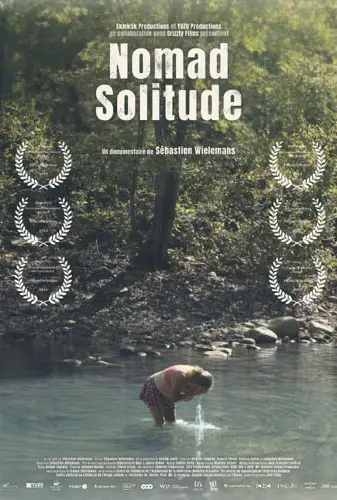
"…Shangri-La is always just over the horizon"
